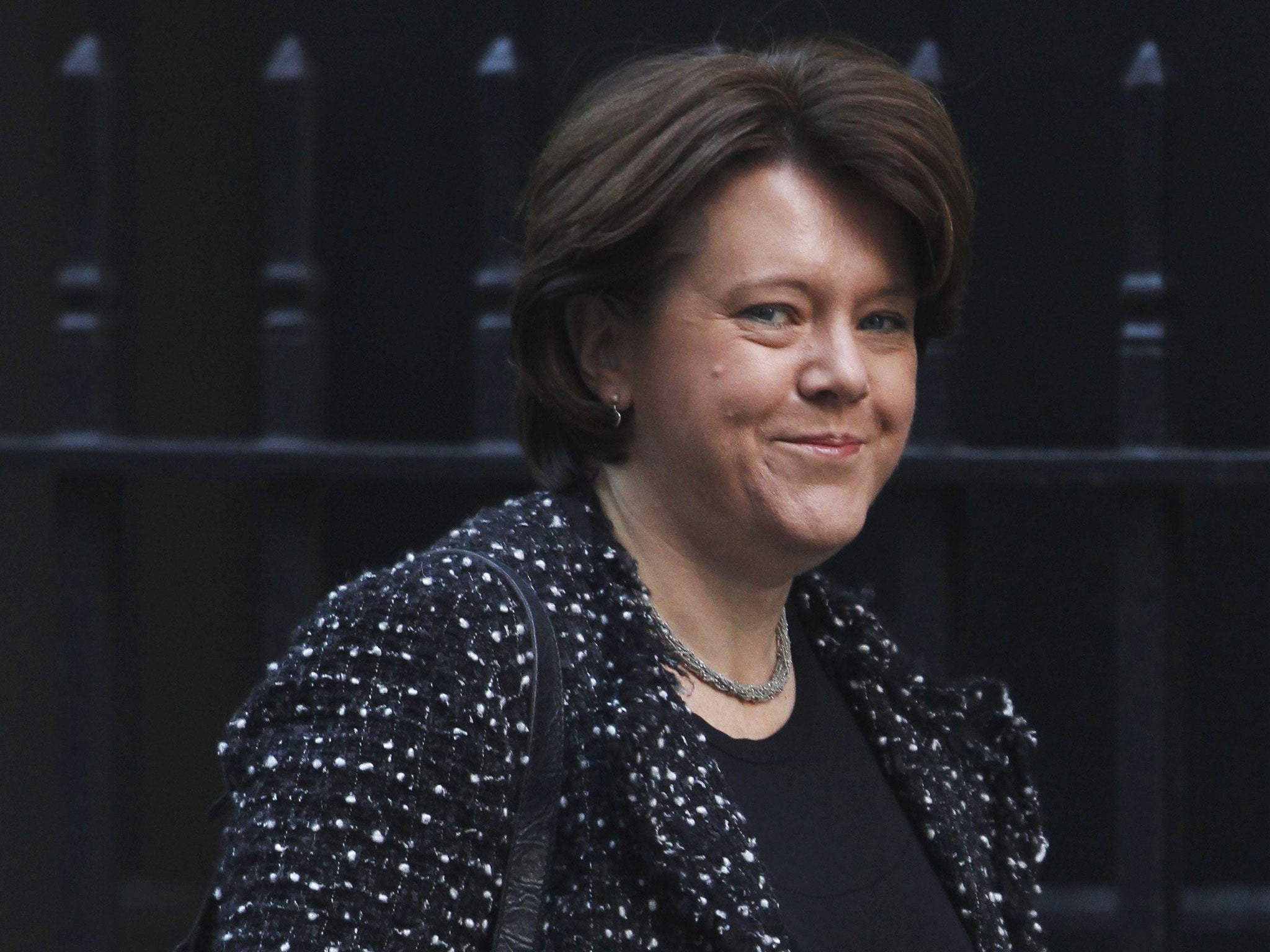Middle classes targeted for charity donations in wills
Government backs plans encouraging hundreds of thousands to bequeath to arts and culture

The Government has given its backing to an ambitious plan to persuade hundreds of thousands of Britons to leave money to charities and the arts in their wills.
The Legacy10 campaign, which aims to break down barriers to legacy-giving, wants to change the culture so that such donations are not the preserve of the super rich but spread to the middle classes. Although three out of four people give money to charities each year, only seven per cent leave them anything in their will.
A key aim is to persuade all political parties to make permanent a change introduced by George Osborne this April, which cut inheritance tax from 40 to 36 per cent if at least 10 per cent of taxable wealth is left to a charitable cause. The tax relief means that, on a £1m estate, a £16,200 donation is worth £67,500 to charity.
Maria Miller, the Culture Secretary, has pledged her support after meeting Legacy10 organisers. She said: “The economic climate means that philanthropic support for the arts, especially through legacies, will be ever more important in the years to come.”
She added: “Too many companies and organisations in the arts and heritage world still have no legacy-giving scheme in place, so they need to get better at asking for this kind of support. I want many more cultural organisations to benefit from legacies, and we will be happy to help make this a core element of greater giving to culture across society as a whole.”
Mrs Miller is backing eight out of 10 recommendations in a report on legacies commissioned by her predecessor, Jeremy Hunt, and written by Roland Rudd, the campaign’s founder.
As well as keeping the inheritance tax change until 2020 and beyond, the report urges the Government to appoint a charities “tsar” to streamline Whitehall’s policies on the charity sector; urges the top 250 companies to provide financial help and advice to staff who want to make charity pledges in their wills; calls on tax advisers and accountants to raise the issue with their clients; and proposes a joint effort by government and charities to train legacy fundraisers.
It says all charities should be required to include their income from and strategy on legacies in their annual report; suggests organisations funded by the Arts Council should show they are raising money from legacies; and urges the creation of a new award for people showing innovation in legacy-giving.
Mrs Miller stops short of endorsing two of the report’s recommendations. These call for a cut in the top rate of tax for people who make a financial commitment to charity over some years which, she says, is a matter for the Chancellor, and for businessmen nominated for honours such as knighthoods to have to provide evidence of charitable giving or voluntary work.
Mr Rudd, founder of the RLM Finsbury financial public relations group, said: “We hope to radically change the culture of legacy giving in Britain."
Subscribe to Independent Premium to bookmark this article
Want to bookmark your favourite articles and stories to read or reference later? Start your Independent Premium subscription today.

Join our commenting forum
Join thought-provoking conversations, follow other Independent readers and see their replies
Comments